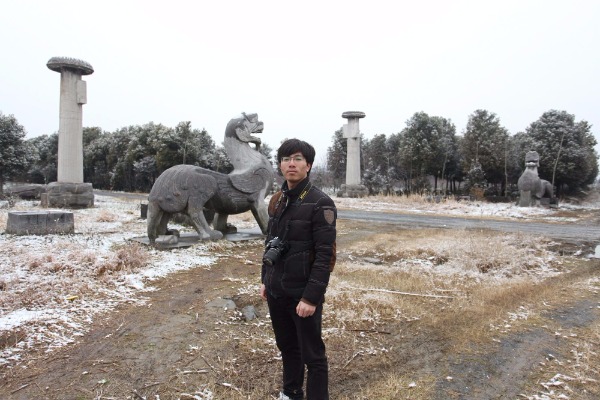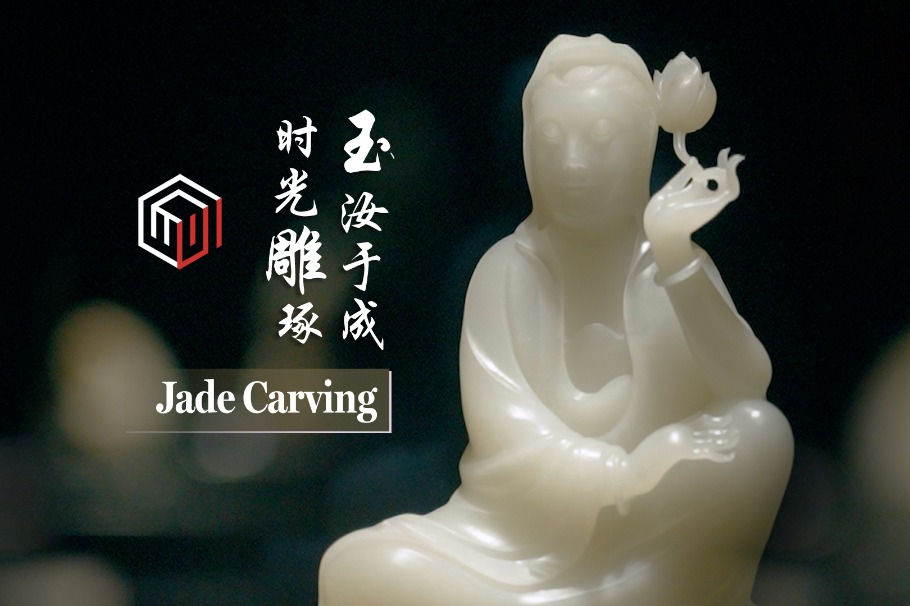Days,dates and sense of duty


Interests, duties
Wang Lei, 29, an art history teacher at Yangzhou University in East China's Jiangsu province, agrees that "chance encounters are the best way to meet".
This member of the Sifei Group half-jokingly attributes his love for ancient architecture to the lack of such relics in his hometown, a small coastal town in Jiangsu.
"The relics appearing in books look mysterious and mesmerizing for me," he says. "So, visiting such sites gives me a lot of information."
Wang says it is refreshing and touching to trace ancient people's steps and look for details in the ruins.
"Many locals stare at me-a backpacker who carries a camera-and give me strange looks," he says.
So, sometimes, Wang says that he is a photographer or an archaeologist to make himself better understood.
Speaking about how he plans his travels, he says: "When you get an idea, it's better to set off soon.
"Urbanization is not wrong, but it also causes irreversible change to historical relics.
"Our generation is perhaps the last witness of many traditional lifestyles and old architecture. So, we have a duty to use our lenses and words to record the change, and share it."
For Yang Xu, a 33-year-old Beijinger who studies ancient architecture as a postdoctoral fellow at the National University of Singapore, visiting historical sites changed his life.
Though he has a grandfather who often took him to a museum and the Yuan Dadu City Wall Ruins Park near his home, his childhood interest was later overshadowed by a desire to look for a good job.
Yang, who was majoring in electronics, rediscovered his interest in history in college after he visited some sites with some architecture students.
He then joined the Sifei Group, attended lectures on ancient architecture and finally chose to switch his major to ancient architecture.
"It has been many years since I began to visit the relics," says Yang. "But my original passion remains strong.
"Looking at emperors' mausoleums surrounded by empresses' tombs, it feels like views of different epochs."
After Yang completed his studies and started working, he found that he had to narrow his focus.





































